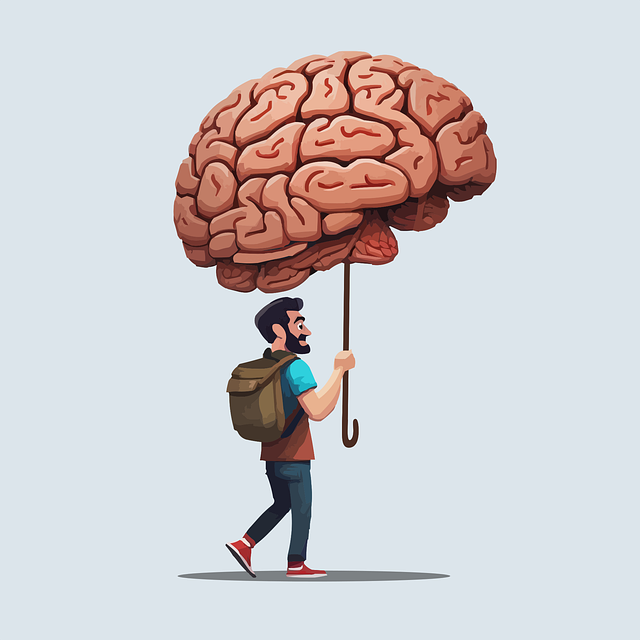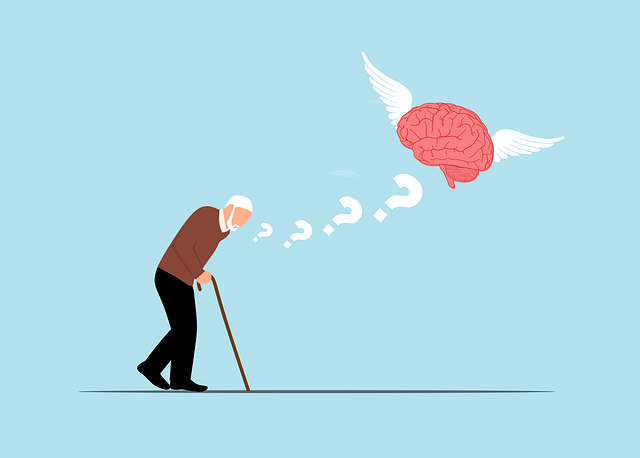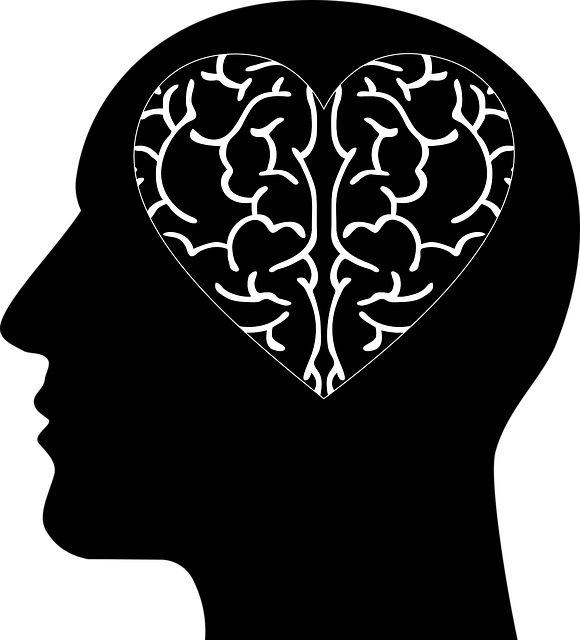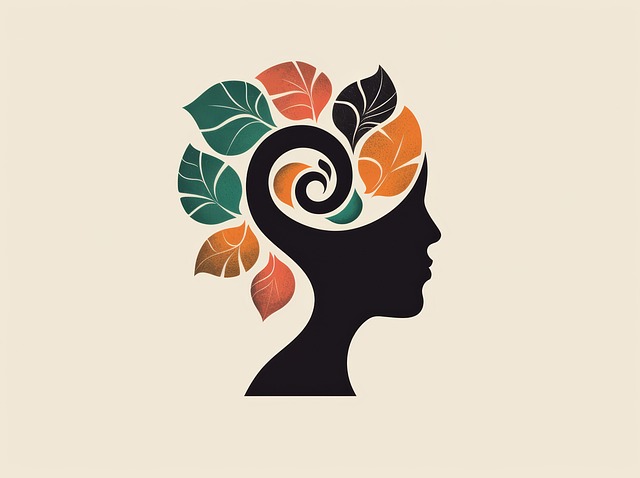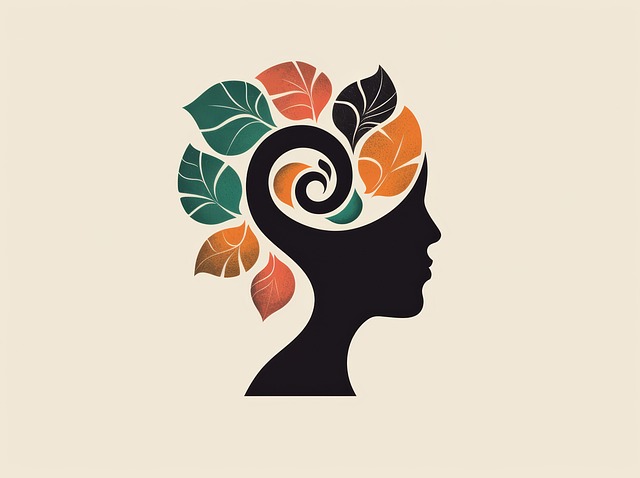Mental Health Crisis Hotlines offer 24/7 support, de-escalating situations with trained professionals and providing resources for managing stress and emotional distress. They connect individuals to specialized services like Centennial Interpersonal Issues Therapy (CIIT), which uses evidence-based practices to address underlying interpersonal issues contributing to intense emotional turmoil. Through individual therapy, self-care routines, and mental wellness journaling, CIIT equips clients with coping strategies for long-term mental resilience. Hotline training emphasizes mindfulness techniques, cultural sensitivity, and stigma reduction efforts, empowering volunteers to provide tailored support during crisis calls.
Mental health crisis hotline support services are a vital resource, offering immediate assistance during times of distress. This article explores the critical role of hotlines in managing interpersonal issues, with a specific focus on Centennial Interpersonal Issues Therapy (CIIT) and its impact on crisis support. We delve into effective accessing and utilizing hotline services, as well as the importance of training volunteers to empower them in providing quality care. Understanding these components can enhance overall mental health crisis response.
- Understanding Mental Health Crisis Hotlines: A Vital Resource
- The Role of Centennial Interpersonal Issues Therapy in Crisis Support
- Accessing and Utilizing Hotline Services Effectively
- Training and Preparedness: Empowering Helpline Volunteers
Understanding Mental Health Crisis Hotlines: A Vital Resource

Mental Health Crisis Hotlines are a vital resource for individuals grappling with intense emotional distress or suicidal thoughts. These 24/7 services provide immediate support, offering a safe and confidential space to express fears and concerns. Trained professionals on the other end of the line can help de-escalate situations, offer guidance, and connect people to appropriate resources, including therapists like those at Centennial Interpersonal Issues Therapy.
Beyond acute crisis intervention, hotlines play a crucial role in raising awareness about mental wellness. Many services also provide information on stress management workshops organized by organizations specializing in mindfulness meditation and other therapeutic practices. This comprehensive approach ensures that individuals not only receive immediate relief but are also empowered with tools to maintain their mental health over time.
The Role of Centennial Interpersonal Issues Therapy in Crisis Support

Centennial Interpersonal Issues Therapy (CIIT) plays a pivotal role in crisis support services, offering specialized care for individuals grappling with mental health emergencies. This therapeutic approach focuses on identifying and addressing interpersonal issues that often underlie intense emotional distress. By utilizing evidence-based Mind Over Matter principles, CIIT equips clients with coping strategies to navigate challenging situations effectively.
Through individual therapy sessions, the process delves into self-care routine development for better mental health, encouraging individuals to prioritize their well-being. Additionally, trained therapists guide clients through mental wellness journaling exercises, fostering self-reflection and providing a safe space to express thoughts and emotions. This holistic approach not only offers immediate crisis support but also empowers individuals with long-term tools to maintain stability and enhance overall mental resilience.
Accessing and Utilizing Hotline Services Effectively

Accessing hotline support services for mental health crises is a crucial step towards healing and recovery. Many individuals facing interpersonal issues or struggling with their mental well-being find solace in these 24/7 resources, which are designed to provide immediate assistance. Hotlines offer a confidential space where people can express their feelings without fear of judgment, allowing them to gain clarity and perspective during challenging times.
Utilizing these services effectively involves being honest about one’s struggles and providing relevant details. Whether it’s a case of Centennial Interpersonal Issues Therapy or simply reaching out for emotional support, hotline counselors are trained to offer guidance tailored to individual needs. Incorporating Mind Over Matter principles, these programs often equip users with coping strategies and mental health education, empowering them to manage future crises independently. Through regular Mental Health Awareness initiatives and well-designed Mental Health Education Programs, individuals can gain valuable insights into their conditions and learn effective ways to navigate life’s challenges.
Training and Preparedness: Empowering Helpline Volunteers

Training and preparedness are vital components in empowering helpline volunteers to effectively support individuals facing mental health crises. These essential initiatives ensure that volunteers are equipped with the necessary skills to navigate complex interpersonal issues, which often come up during distressing calls. Through comprehensive training programs, volunteers learn various techniques, including mindfulness meditation practices, designed to help both them and the callers stay calm and focused.
The integration of cultural sensitivity in mental healthcare practice is another critical aspect. Volunteers are taught to be mindful of diverse backgrounds, beliefs, and experiences, enabling them to offer tailored support that respects individual uniqueness. This approach not only fosters a sense of safety but also helps reduce the stigma associated with mental illness. By addressing these aspects, helpline services contribute significantly to overall Mental Illness Stigma Reduction Efforts.
Mental health crisis hotline support services, such as those enhanced by Centennial Interpersonal Issues Therapy, play a crucial role in addressing emerging interpersonal challenges. By providing accessible and effective resources, these hotlines offer immediate assistance and long-term solutions. Through proper training and preparedness of volunteers, we can ensure that everyone receives the compassionate care they deserve during times of crisis. Remember that, in today’s digital age, utilizing these services is simpler than ever, making them a valuable tool for fostering mental well-being within our communities.

